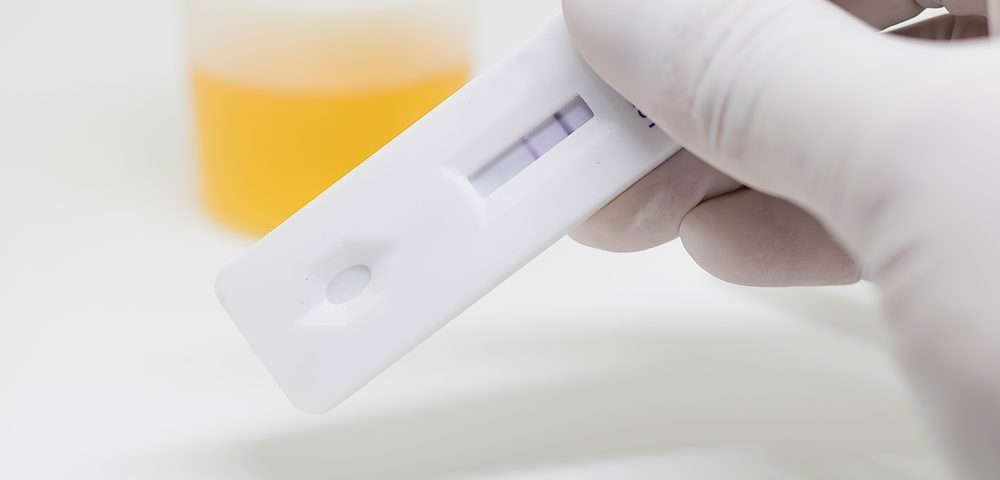Low-cost, easy-to-use, lateral flow test strips, which work similarly to home pregnancy tests, may offer a new method to detect cervical cancer in its early stages. Purdue University researchers are working to bring this technology to the clinic.
“This field really needs an additional way to test for cervical cancer. A test that can report cervical cancer right away is very instrumental in a lot of low- and middle-income countries where women often get HPV tests and then never come back,” Joseph Irudayaraj, PhD, professor of biological engineering in Purdue’s School of Agricultural and Biological Engineering, said in a press release. “In higher-income countries, it’s important that anything beyond HPV tests have the ability to complement those tests.”
According to the Centers for Disease Control and Prevention (CDC), cervical cancer is highly preventable in most Western countries because screening tests and a vaccine to prevent human papillomavirus (HPV) infections are available. Yet, the HPV test has poor specificity, and complementary evaluation techniques are required.
When cervical cancer is found early, it is highly treatable and associated with long survival and good quality of life. However, about 84% of cervical cancer cases occur in low- and middle-income countries, where it still claims many lives, according to the World Cancer Research Fund International.
The research team from Purdue University is developing the new technology to be like home pregnancy tests. The method aims to detect cervical cancer in its early stages with a specific test strip that has great sensitivity. The strip’s color changes within 15-30 minutes to indicate the presence of specific proteins associated with cervical cancer. The team is working on a prototype.
“We’re working to greatly improve the detection limit of our testing,” said Wen Ren, PhD, a Purdue postdoctoral researcher working with Irudayaraj. “That will make it much easier to detect cervical cancer based on a very low amount of markers in smaller samples.”
The biomarkers associated with cervical cancer are being investigated in collaboration with Sulma Mohammed, DVM, PhD, associate professor of cancer biology in Purdue’s College of Veterinary Medicine. The team considers that the new technology may be used one day to detect other disease in its early stages, and also to detect infectious pathogens.
The project is being supported with a grant from the U.S. Department of Agriculture, but the researchers are seeking additional funding and collaborators to advance the research.

